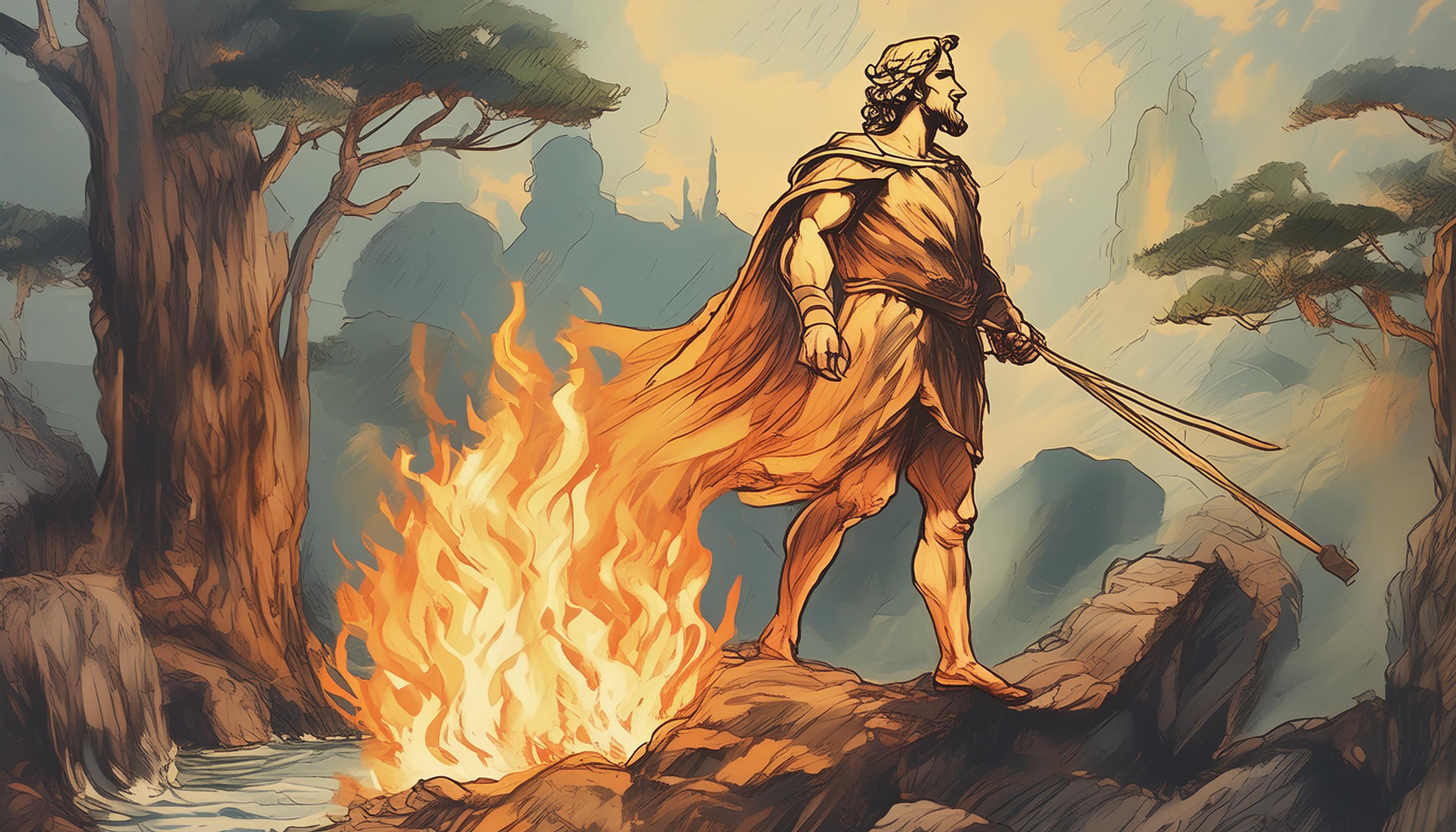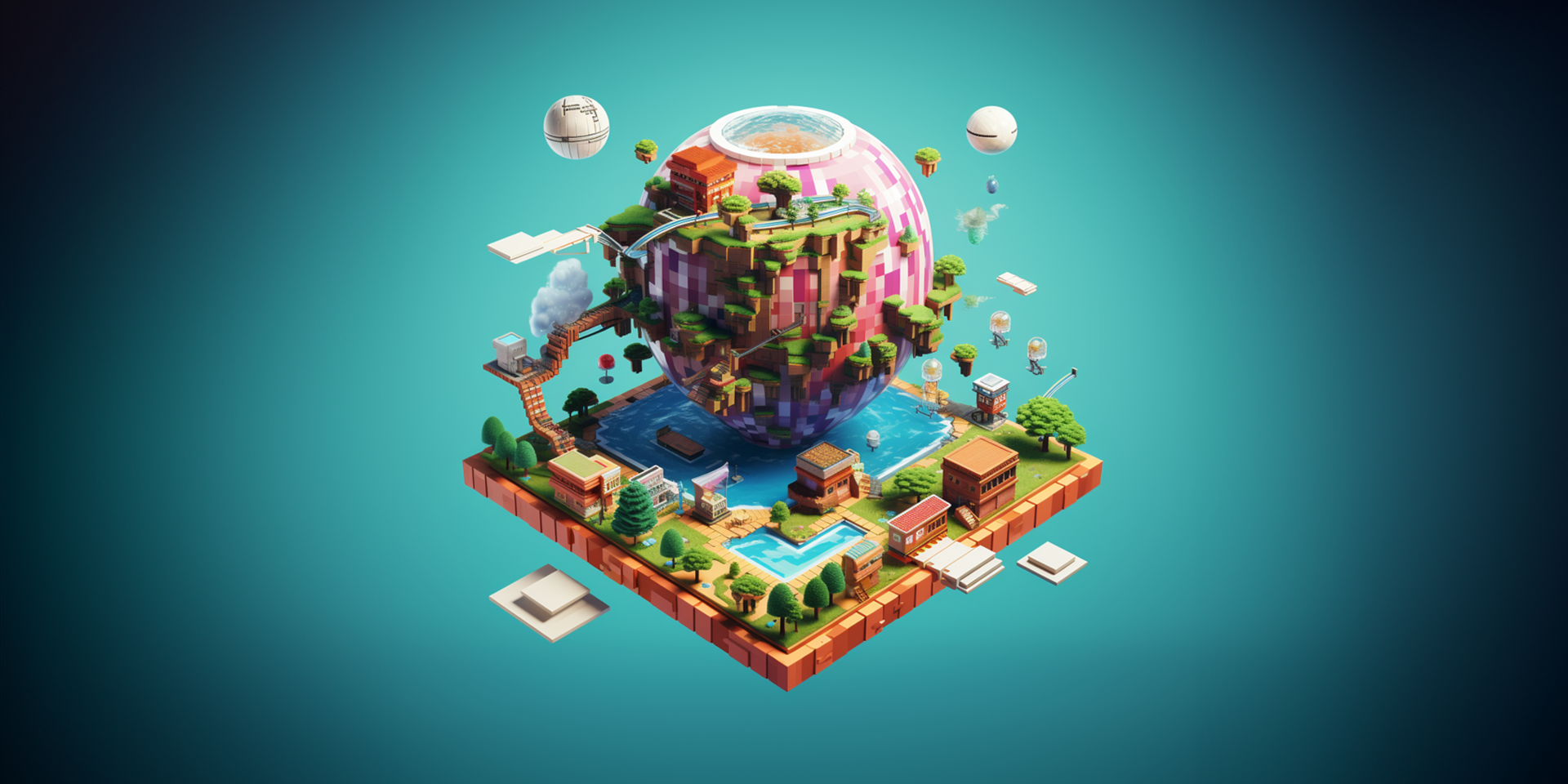“Any technological advance can be dangerous. Fire was dangerous from the start, and so (even more so) was speech — and both are still dangerous to this day — but human beings would not be human without them.”― Isaac Asimov
In Greek mythology, Prometheus defied the gods by stealing fire from Mount Olympus and gifting it to humanity. This transformative boon enabled humans to develop advanced technologies, stay warm, and cook food. However, Prometheus faced severe punishment from Zeus — being bound to a rock where an eagle ate his regenerating liver daily.
Technology is core to being human. Fire could destroy, yet it was vital for progress and survival. We can’t be human without powerful tools bringing both benefits and dangers.

I recently had a deep conversation with a fellow artist expressing concerns about AI potentially replacing creative jobs like illustration and storyboarding soon. Many artists protest giant tech companies using their art to train AI models without permission or compensation. My friend asked how “tech lords” profit from the data we share online.
If you don’t question how emerging tech shapes our new world, just feeling hyped about every new “automation” tool without thinking critically, then start questioning now — not tomorrow. We need to grasp: “What is data?” and “Why is it so precious?”
The King Midas Analogy
The King Midas analogy in Stuart Russell’s “Human Compatible” illustrates the risk. Midas was granted a wish that everything he touched turned to gold — thrilling visions of riches until he realized this “gift” cursed him to be unable to eat, drink or hug loved ones without turning them to lifeless metal.
Today’s tech giants collect and analyze our digital trails like King Midas’s touch, converting user data into predictive gold mines about our behaviors and desires to precisely target ads and services for huge profits. But unchecked data collection dehumanizes people.
For example, Facebook’s ad system enabled housing discrimination by excluding minorities from rental promotions — modern-day redlining. YouTube’s recommendation algorithms have pushed users toward radicalizing content based on viewing data. Major breaches exposed private user information to cybercriminals.
These cases show how concentrated data power creates exploitation risks when corporate goals misalign with human welfare. As Yanis Varoufakis warns in “Technofeudalism: What Killed Capitalism,” we risk becoming “digital serfs” enriching tech overlords with our data labor. In his book he draws parallels between the Iron Age and today’s digital age.
A Vision for Responsible AI
But data’s power extends beyond advertising. As a game developer, I envision using consenting user data to train an AI storyteller for immersive narrative RPGs — dynamically generating personalized adventures tailored to each player’s personality, choices and background.
This is “The Oppenheimer Moment” — realizing today’s dazzling innovations hold extremely disruptive force like nuclear fission. AI and data-driven systems will radically advance humanity, but demand new ethical frameworks centering human flourishing over pure capability.
Policies for a Human-Centric Tech Future
To use these technologies responsibly while limiting dangers, we need thorough human-centric design putting people first — not just engagement metrics or profits. Specific policy solutions could include:
-
Establishing data rights and consent rules giving individuals ownership over their digital selves
-
Requiring transparency and third-party reviewing of AI systems for societal impacts
-
Antitrust actions and regulation against exploitative, non-consensual data collection business models
-
Public investment in privacy-protecting AI aligning technological development with ethical values
As I dedicate myself to advancing skills like game dev and complex prototyping, I’ll always prioritize: “How do I center the human experience in my design?”
Embrace your “being”!
